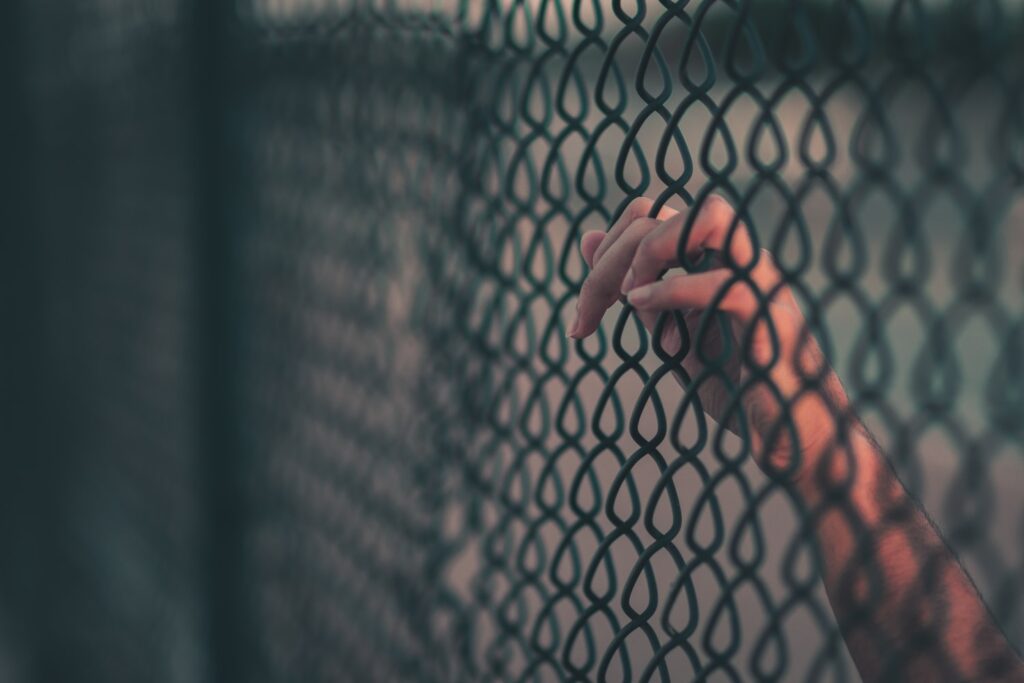
By Claire Jennings, Assistant Editor
Photos from Google and Unsplash
I’ve always been fascinated with both true crime and the mindset and background of the incarcerated criminals. At the height of my quarantine boredom, I decided to reach out to prisoners around the country to act as a pen-pal and keep them company during the strict lockdowns they’ve faced due to COVID-19. I met John Doe** through the service www.writeaprisoner.com, which gives inmate mailing addresses for the general public to contact them.
John and I began with small talk–his favorite activities outside of prison, general prison life, how he was doing with the lockdown. Humanizing inmates is an overlooked part of our prison system because it focuses more on punishment than on reform. John told me both about life in prison, and what his life had been like on the outside. John has a son whom he misses dearly and rarely gets to have contact with while in prison.
“I was 17 when he was born,” he said. “He’ll be 13 on the 12th [of September]. No visits because of COVID, but I call. That’s all I can do.”
He enjoys country music, working out, and spending time with friends and family.
Eventually, I asked him why he was incarcerated and he gave me the full story. We’ve all participated in poorly-executed pranks, or had fun in ways that were illegal (for example, underage drinking). John, unfortunately, was caught during what he thought was harmless fun, and ended up in federal prison.
John told me, “When I got ‘caught,’ I lit off a few firecrackers and a ‘shot spotter’ (It picks up bangs that sound like gunfire. [They’re] devices set up on power poles in the city) alerted to where I was. The cops showed up and asked if we were shooting. I said no and explained they were firecrackers.” John said his mistake was that when an officer asked to search his garage, he agreed because he felt he had nothing to hide. He didn’t believe he had committed a crime, so why not let the officer see for himself? Next, John said, “He found the bigger ‘firecrackers’ and arrested me. I didn’t even get to take it to the country [to blow up objects and produce] yet.”
John incorrectly assumed that his ordeal was over when the state dropped charges on him the same day he was arrested. He said it was all “nonsense” and that he walked out of jail almost immediately. Almost exactly a year later, however, federal agents picked him up and claimed they were filing charges. When they arrived, the scene was quite dramatic–the SWAT team accompanied the agents.
“They had a fella in a bomb suit just behind the robot with a remote to it,” he said. “They all (about 6) came out of the back of the big SWAT truck like the [sic] movies, was in all black and masks.”
The SWAT team then safely exploded the large firecracker in a tub of water. Although his story about using the larger firecracker to innocently blow up some small objects in a field with his buddies “checked out,” he was angry when he was initially arrested and had made some rude comments to the police. John said to them that “they were treating me like Osama Bin Laden.” John’s lawyer later claimed that if he hadn’t made that remark, he would’ve gotten off with probation.
A reminder to all Bearcats to be careful when doing reckless acts with friends, and to always make sure you have representation before allowing officers into your home!
